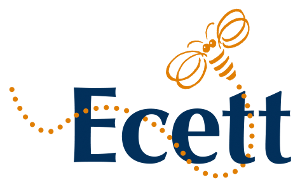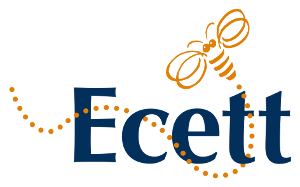Addressing parenting skills In people who use drugs who undergo treatment in a therapeutic community Dianova, Spain.
by Gisela Hansen
Some context About drug treatment and the lack of comprehensive care.
- T.C Dianova Can parellada Location and main program characteristic.
- Addressing parenting skills Individual and group therapy: Methodology, staff and key concepts.
- The main Take-away ideas Here you could describe the topic of the section
- Dianova network
The Dianova International network is presently composed of 25 members operating in 19 countries and 4 continents General Information dianova.org Some context About Drug treatment and mainly residential treatment in TCs Lack of gender and child perspective
- 2015 world drug report, one out of every 3 drug users was a women, but only 1 out of every 5 people in treatment was a women (UNODC, 2015).
- There are gender barriers to access (and remain) in drug treatment.
- Invisibility and chronification of female drug use.
- Double stigmatization: Drug user + gender stigma.
- Drug treatment facilities are highly masculinized environments Lack of gender and child perspective • Parenting and everything related to children is associated with women • Drug treatment facilities are usually disconnected from other networks such as childhood and violence • In the area of drug treatment the design is adultcentric and androcentric • Children of people who use drugs are deprived of meaningful learning • Adult drug users usually had difficult childhoods and there is a lack of adaptive educational models Parenting issues need to be addressed in a systematic way in adult drug treatment services. It is related to comprehensive care and the perspective of children rights Therapeutic Community Dianova Can Parellada How we do it? Addressing parenting skills Why it is so important? When we do it? Group Therapy Individual therapy Group Therapy – Twice a week groups of 2 hours – Group led by psychologist – Specific training and approach – Specific content in a semi-structured way – Mixed groups and non-mixed (important!) – 20 weeks program Specific contents in 16 sessions
WEEK 1-4 Positioning ourselves: From the child that I went to the father/mother that I am
WEEK 5-8 Becoming aware: Drug use and relationship with our kids, difficulties, challenges, feelings and guilt
WEEK 9-12 The developmental stages of children and the need. When our children grow up while we are in treatment.
WEEK 13- 16 Respectful upbringing and care. Special focus on the prevention of violence. Non-mixed group
17-20 Review of own expectations, challenges and opportunities in parenting while in treatment and afterwards Individual therapy – Family visits/video calls – Respond to specific needs of each case – Analyze personal parental models and how this has influenced the relationship with children. – Idealized motherhood or the desire not to be, social stigma, violence, etc. – Expectations and realities Final ideas Final ideas
- Being flexible: is a semi-structured group, adapt content to their reality
- Groups of great emotional caliber (need for an experienced therapist)
- Some topics should not be addressed in mixed groups
- Specific training on drug, gender and stigma is crucial (Psychologyst)
- To have continuity in the work of the issues of each case in individual therapyTo create protocols for the detection of specific situations (negligence, abuse, etc.)
- Ensure that group and individual interventions follow the same line even if they are different professionals
CREDITS: This presentation template was created by Slidesgo, including icons by Flaticon, infographics & images by Freepik Thanks! Do you have any questions? Please keep this slide for attribution


